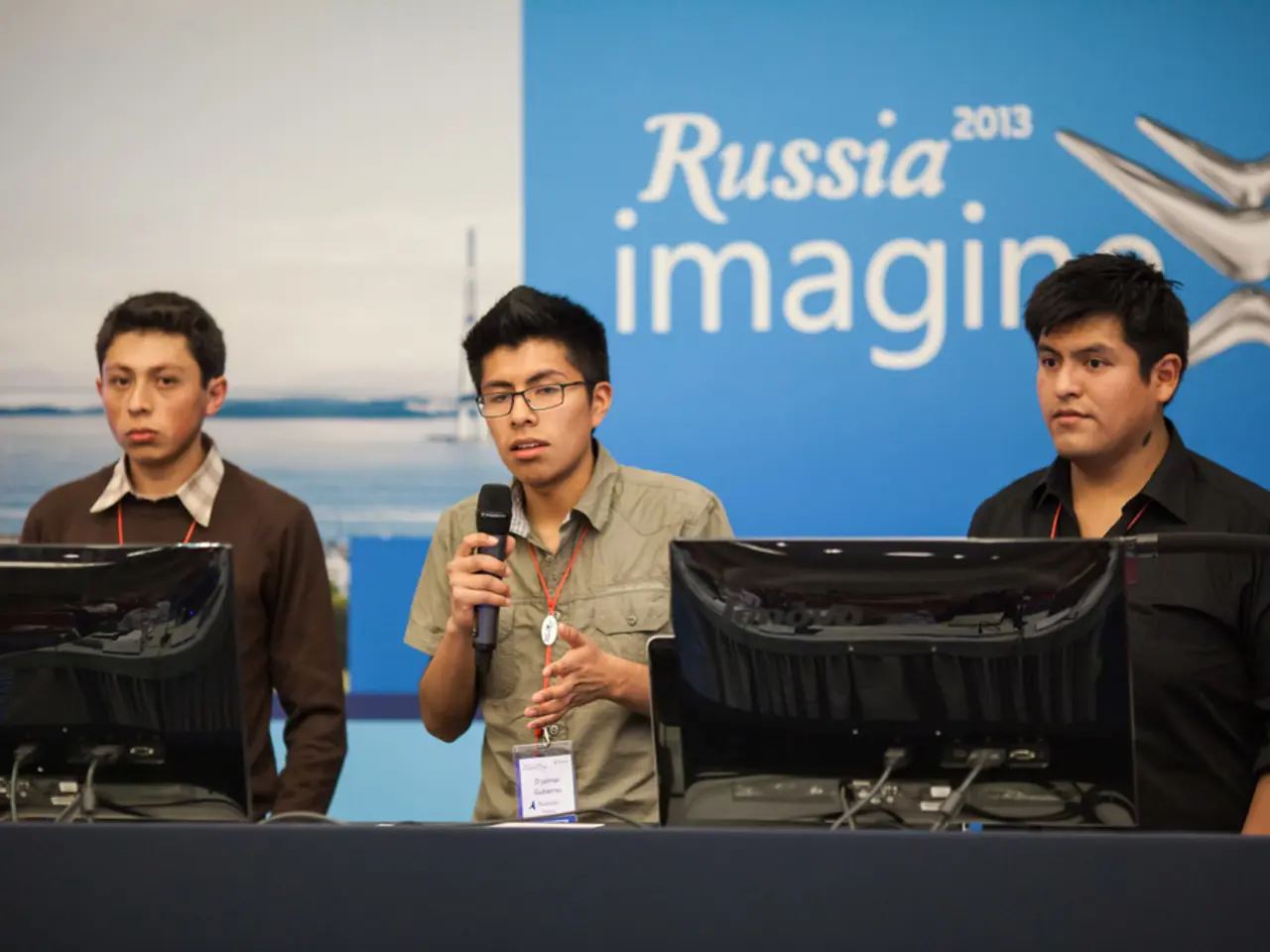Struggles Persist for Residents Amid Ukraine's Occupation of Luhansk
Life Under Occupation: The Struggles of Residents in Luhansk, Ukraine
In the occupied territories of Luhansk, Ukraine, the socio-economic situation remains dire for many residents. The ongoing conflict and Russian occupation have led to significant challenges in employment, food supply, healthcare, and living conditions.
Employment
The occupation authorities are attempting to integrate local labor into reconstruction and administration. Youth labor initiatives, such as internships for teenagers aged 14 and above in government and enterprise sectors, are being offered to offset labor shortages and foster collaboration with the occupation forces. However, stable and quality employment for the broader population remains extremely limited.
Food Supply and Livelihoods
The near-complete control of Luhansk by Russian forces and the ongoing conflict suggest severe disruptions to agriculture, trade, and supply chains. Residents face scarcity and difficulty accessing regular food supplies, with only two shops left in Novoaidar and food prices rising.
Healthcare
Healthcare services in the occupied territories appear to be inadequate. The involvement of youth student brigades extends to the healthcare sector, but there is no indication that healthcare services have been fully restored. Given the protracted fighting and damage, healthcare access and quality presumably remain seriously degraded.
Living Conditions
The population trapped within occupied Luhansk experiences harsh living conditions exacerbated by ongoing conflict, displacement, and infrastructure destruction. The civilian toll of the conflict in Donbas, which includes Luhansk, has been very high, with many civilians besieged or displaced and facing risks to their basic safety and shelter.
Overall Context
About 99% of Luhansk oblast is under Russian control, with the conflict causing vast humanitarian needs. The region’s governance is being forcibly integrated into Russian administrative structures, often undermining residents' rights and autonomy.
Individual Stories
Oksana, a resident of Novoaidar, is one of many struggling to make ends meet. She estimates that one needs at least 40,000 rubles a month (around €440/$500) to lead a normal life in Novoaidar. To prevent her house from being confiscated, she had to obtain Russian papers. Due to restrictions on selling food under Russian law, she now barters vegetables with neighbors. Her house has been damaged by shelling, but the occupying authorities have not provided any help for reconstruction.
Oksana's father still draws a Ukrainian pension, but has to use a VPN to access the web portal of the Ukrainian pensions office, which has been blocked by the occupying forces. He receives the equivalent of €61 a month. Many people in the occupied territories are waiting for things to return to normal, while some return just to hold on to their properties.
The Future
Russian President Vladimir Putin has issued a decree stating that all those who do not have Russian citizenship must leave the occupied territories by September 10. However, the situation remains fragile with no clear resolution and continuing hardship due to military and political control by Russian forces.
References:
- Al Jazeera
- UN News
- CNN
- BBC News
- Amnesty International
- The Guardian
In the context of the media coverage by Al Jazeera, UN News, CNN, BBC News, Amnesty International, and The Guardian, Oksana, a resident of Novoaidar, struggles to maintain a sufficient livelihood due to a combination of factors such as income disparity, housing issues, and food shortages, all exacerbated by the ongoing war and occupation in Luhansk, Ukraine. Despite the integration of local labor into reconstruction and administrative sectors by the occupation authorities, stable and quality employment opportunities for the broader population remain scarce.
Additionally, the control of Luhansk by Russian forces and the ongoing conflict have caused severe disruptions in agriculture, trade, and supply chains, leading to accessibility issues for regular food supplies. Coupled with the rising food prices and inadequate healthcare services in the occupied territories, the overall living conditions for the trapped population remain harsh. The near future for Oksana and others like her remains uncertain, with the continued military and political control by Russian forces and the looming possibility of displacement due to President Putin's recent decree.




